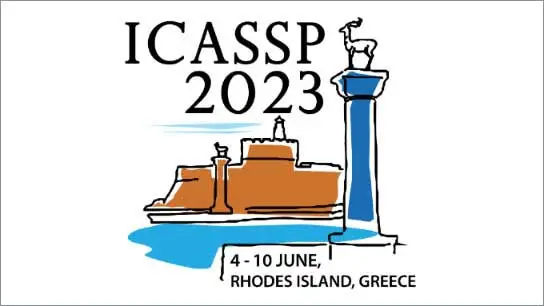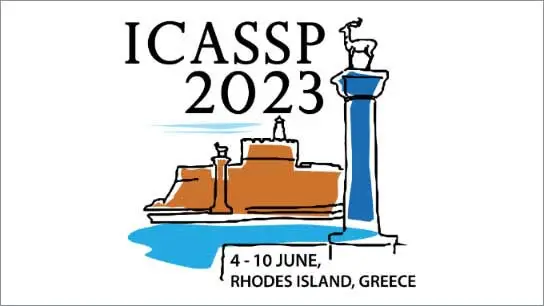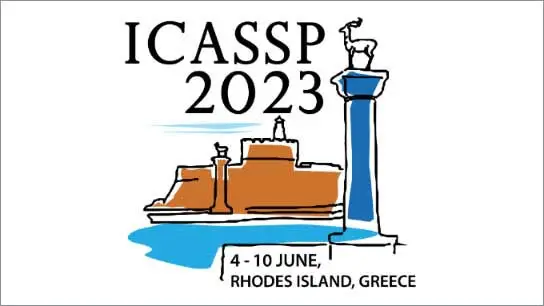The USTC System for ADReSS-M Challenge
Kangdi Mei (University of Science and Technology of China); Xinyun Ding (iFlytek Research); yinlong liu (USTC); Zhiqiang Guo (University of Science and Technology of China); Feiyang Xu (iFlytek Co.Ltd); Xin Li (University of Science and Technology of China); Tuya Naren (University of Science and Technology of China); Jiahong Yuan (University of Science and Technology of China); Zhen-Hua Ling (University of Science and Technology of China)
-
Members: FreeSPS
IEEE Members: $11.00
Non-members: $15.00
10 Jun 2023
This paper describes our submission to the ICASSP 2023 Signal Processing Grand Challenge (SPGC), which focuses on multilingual Alzheimer's disease (AD) recognition through spontaneous speech. Our approaches include using a variety of acoustic features and silence-related information for AD detection and mini-mental state examination (MMSE) score prediction, and fine-tuning wav2vec2.0 models on speech in various frequency bands for AD detection. Our overall results on the test data outperform the baseline provided by the organizers, achieving 73.9% accuracy in AD detection by fine-tuning our bilingual wav2vec2.0 pre-trained model on the 0-1000Hz frequency band speech, and 4.610 RMSE (r = 0.565) in MMSE prediction through the fusion of eGeMAPS and silence features.



